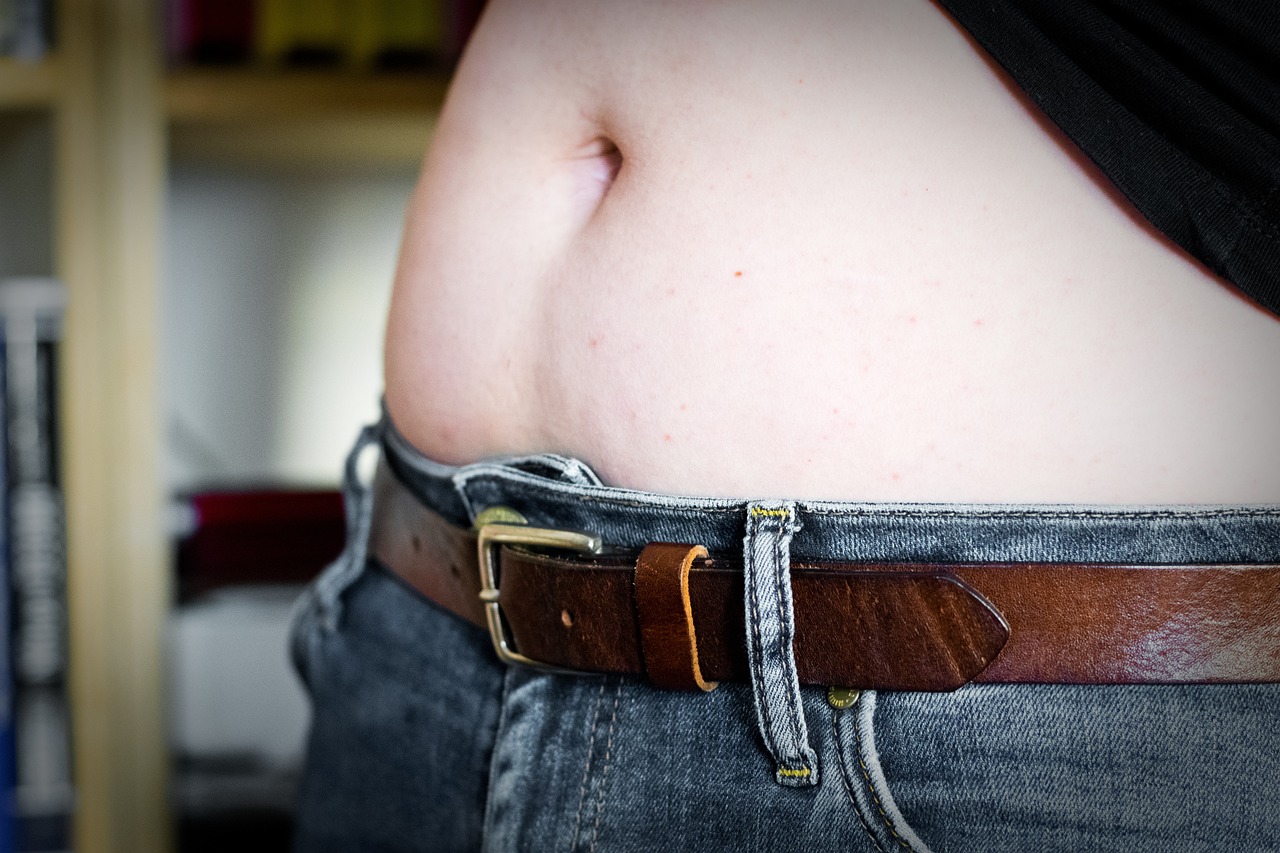When it comes to fat loss, misinformation is rampant. Myths surrounding metabolism, diet, and exercise often derail well-intentioned efforts, leaving people frustrated and without results. By understanding the truth behind these myths, you can achieve sustainable fat loss and maintain a healthier lifestyle. Let’s debunk five of the most common fat loss myths.
Myth #1: You Are Part of the 1% That Can’t Lose Weight
Many people convince themselves that they belong to the elusive 1% who simply cannot lose weight due to unique circumstances or medical conditions. This belief often stems from self-diagnosis or a misunderstanding of personal habits. While certain medical conditions can impact weight management, they are exceedingly rare. In fact, even doctors, who are trusted authorities on health, often lack extensive knowledge in nutrition and exercise science.
Before attributing your struggles to an incurable condition, take a hard look at your habits. Are you truly eating a balanced diet? Are you exercising consistently? Tracking your daily intake and activity can help you identify areas for improvement. The truth is, with the right approach and professional guidance, almost everyone can achieve fat loss.
Myth #2: Your Metabolism Slows Down with Age
It’s true that metabolism tends to slow down with age, but this decline is largely due to reduced activity levels and loss of muscle mass, not an inevitable biological process. Muscle is metabolically active tissue, and as you lose it, your body burns fewer calories at rest. However, this is entirely within your control. By incorporating regular strength training and maintaining an active lifestyle, you can preserve and even boost your metabolic rate as you age.
Don’t let age be an excuse. Take charge of your metabolism by staying active, eating a balanced diet, and prioritizing muscle-building exercises.
Myth #3: Cortisol Is Preventing Your Fat Loss
Cortisol, often labeled as the "stress hormone," is frequently blamed for stubborn body fat. While cortisol plays a role in the body’s stress response, it’s not the primary culprit behind fat gain. The real issue is excess calorie consumption combined with inadequate physical activity. Stress, however, can indirectly contribute to weight gain by disrupting healthy habits.
Managing stress is crucial for effective fat loss. Regular exercise not only burns calories but also helps regulate cortisol levels, improves mood, and enhances overall well-being. Pair this with a nutrient-dense diet to create a solid foundation for fat loss.
Myth #4: You Can “Tone” Your Body with High Reps and Low Weights
The concept of "toning" is a marketing myth perpetuated by fitness magazines. True muscle definition comes from reducing body fat, not performing endless high-rep, low-weight exercises. High-rep training primarily builds muscular endurance, which has minimal impact on fat loss compared to strength training with heavier weights.
Incorporating lower reps with higher weights into your routine increases workout intensity, burns more calories, and triggers the afterburn effect (excess post-exercise oxygen consumption). This metabolic boost helps you shed fat and reveal defined muscles.
Myth #5: Carbs Make You Fat
Carbohydrates have long been demonized as the enemy of fat loss. However, carbs themselves do not cause weight gain—excess calories do. Fat and protein can also lead to fat gain if consumed in excess. The key to successful fat loss lies in maintaining a calorie deficit while ensuring your diet provides essential nutrients.
Carbs are an important energy source, especially for active individuals. Rather than avoiding carbs altogether, focus on consuming unprocessed, whole-food sources like fruits, vegetables, and whole grains. Balanced nutrition is the cornerstone of sustainable weight management.
The Truth About Fat Loss
By understanding the science behind fat loss and separating fact from fiction, you can make informed decisions about your health and fitness journey. Remember, there are no shortcuts or magic pills—achieving fat loss requires a combination of consistent effort, balanced nutrition, and a commitment to staying active.
Leigh Peele, a certified trainer and nationally published author on fitness and nutrition, emphasizes the importance of education and persistence in achieving your goals. Don’t let myths hold you back—start taking steps today toward a healthier, leaner you.













